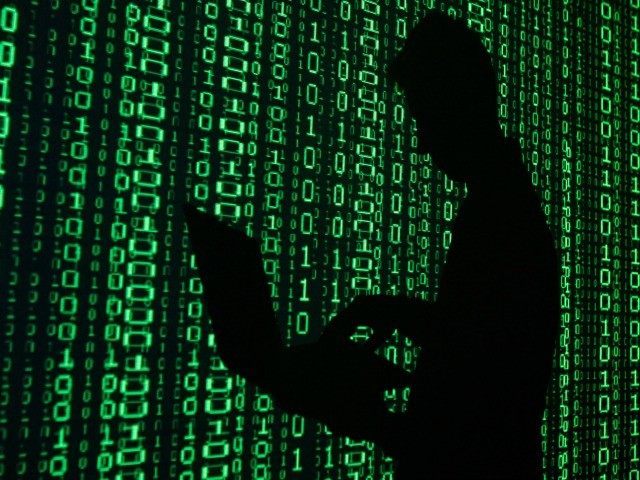The end of another “red line” farce draws nigh, as China waves aside the Obama administration’s bluster about cyberwar sanctions and claims to be more victimized by hackers than the United States is.
Such were the thoughts of Chinese ambassador Cui Tiankai on Sunday, as reported by Forbes. Asked about the possibility of sanctions against China for the raids on American corporate and government computers, Cui hoped “the U.S. side will make the smart choice” and avoid “nonconstructive” retaliation.
The Ambassador went on to claim “China, as a developing nation, is much more of a victim” of cyber espionage than America, which would be a difficult case to make in light of the historic raid on the Office of Personnel Management, even if Chinese hackers were not responsible.
But it is consistent with China’s line on hackers as a scourge it hates more than anyone, an act that must bring a chuckle to the Peoples’ Liberation Army hacker squads every time they hear it.
Unfortunately, the administration’s characteristic indecision and tendency to talk tough for domestic media consumption has set China up nicely as the undisputed winner of these early battles in the First Cyber War. They get all the data they have stolen—including an OPM database that will cripple American human intelligence operations for years to come—and they get to posture on the scourge of hacking, their prestige enhanced by the Obama administration talking about sanctions, and then backing down.
The talk was never all that serious anyway, as the OPM hack was specifically excluded from the discussion. “Even though the U.S. Director of National Intelligence long ago attributed the OPM hack to China, the National Security Council continues to dither about whether and how to retaliate,” said former Assistant Secretary of Homeland Security for Policy Stewart Baker.
Other intel and cybersecurity experts quoted by Forbes stressed the importance of sending strong signals to China that the growing volume of American business and government data stored in the Internet “cloud” must be off-limits to hackers, but a weekend report from The Hill said sanctions directed at the Chinese government were unlikely.
“A series of leaked comments from unnamed White House sources over the past few days has revealed that sanctions against hackers are now in the works. But experts say they won’t apply to cyberattacks like the recent hack of the federal Office of Professional Management, which compromised the personal information of millions of workers and is widely considered to be the work of state-backed hackers,” The Hill writes. “That’s because the Obama administration is wary of imposing sanctions for normal state-sponsored intelligence gathering tactics the U.S. government itself employs on an ongoing basis.”
From this perspective, the OPM hack is viewed as fair play, a game the administration played badly and lost. This attitude is said to be partly a result of ongoing embarrassment from the Edward Snowden revelations, so let’s have a big round of applause for everyone involved in that debacle.
The curious upshot of these espionage and diplomatic maneuvers is that private corporate data is viewed as more sacrosanct than government data; it is hoped the Chinese, Russians, and other state sponsors of digital mischief can be persuaded to leave civilian property alone. Retaliatory sanctions against Chinese private companies are seen as the best way to send that message.
Perhaps the Chinese government will pick out a few scapegoats and accept sanctions against them, to settle affairs with the administration and reinforce its position as an enemy of hacking. It is unlikely Beijing will accept any sanctions that would seriously hurt it, especially since a significant economic crisis is currently gripping China. That would be “nonconstructive.”

COMMENTS
Please let us know if you're having issues with commenting.